Today is Flag Day, where we celebrate the creation of the first American flag that has rallied the American people since its creation in 1777 and the millions of Americans who have been blessed to call the United States their home ever since.
The flag had humble yet bold beginnings, created during the height of the Revolutionary War when the British army was rapidly depleting the continental forces. It became the symbol of colonial farmers fighting for their freedom against their oppressive master. Now the "Red, White, and Blue" is an enduring symbol of freedom and liberty around the world.
Here is a history of our flag as we honor and remember it this Flag Day.
June 14, 1777

A 1920s vintage illustration depicts George Washington watching Betsy Ross sew the American flag.
GraphicaArtis / Contributor | Getty Images
The following resolution was made after the appointment of a special committee from the Continental Congress tasked with designing a flag for the newly independent United States:
Resolved, that the Flag of the thirteen United States shall be thirteen stripes, alternate red and white; that the Union be thirteen stars, white on a blue field, representing a new constellation.
Betsy Ross, tasked with creating a flag by George Washington for the newly-born nation, created the first American flag based on this design.
September 11, 1777
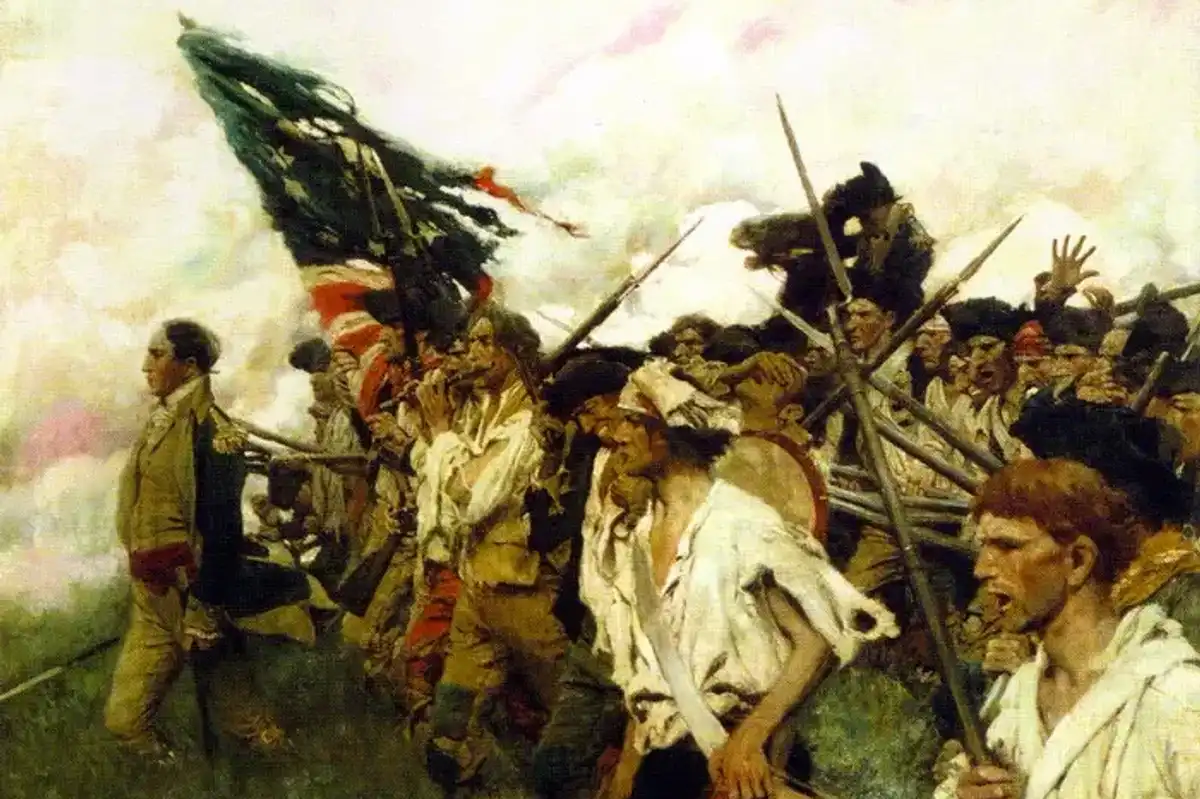
The colonies' new flag was first flown at the Battle of Brandywine, fought just outside of Philadelphia. Though resulting in a British victory, the battle proved that the Continental Army could stand up to the British Army, the strongest in the world at that time, boosting confidence in their strength and resilience. The flag rallied the soldiers in the Continental Army under one symbol, uniting the soldiers from across the 13 colonies under one symbol that now represented their new nation: the United States of America.
February 14, 1778
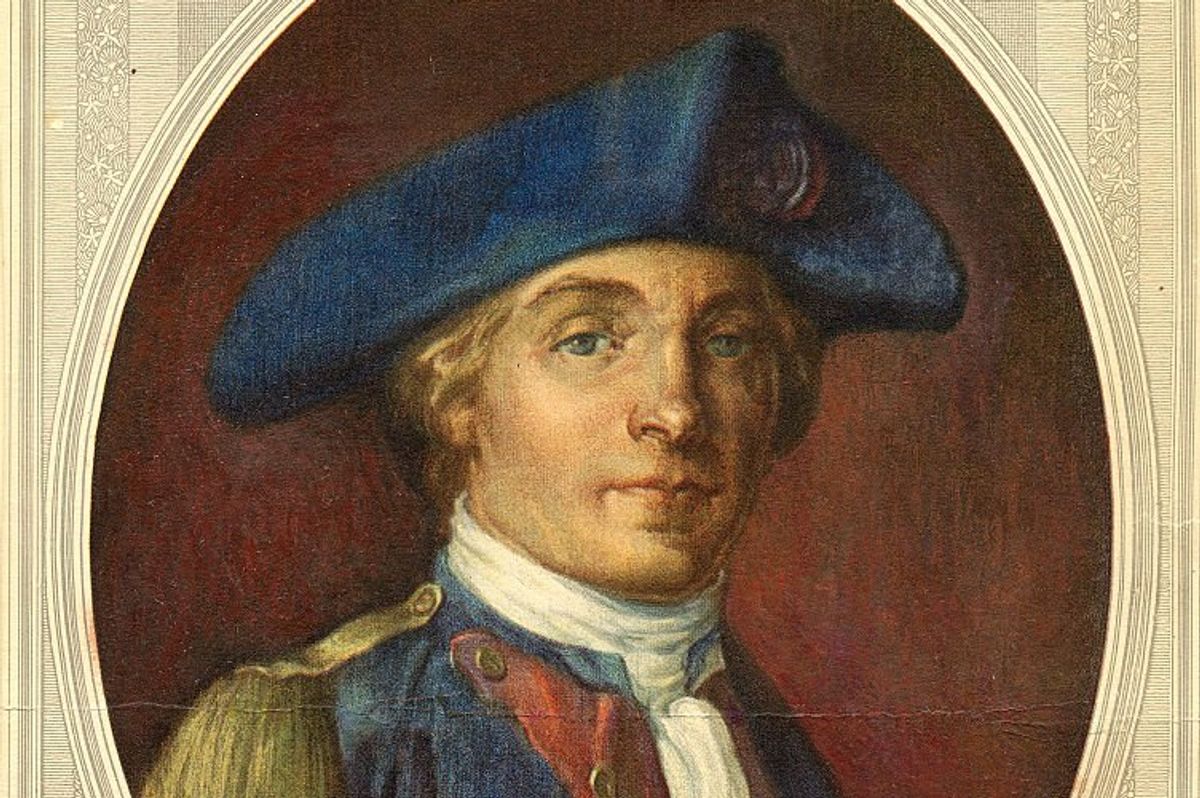
Bettman / Contributor | Getty Images
Valentine's Day 1778 marked the first time when the flag was saluted by foreign naval vessels. The French navy saluted the flag when the Ranger, under the command of the infamous Scottish-American naval hero, Captain John Paul Jones, arrived in a French port, bearing the Stars and Stripes.
Early 1778
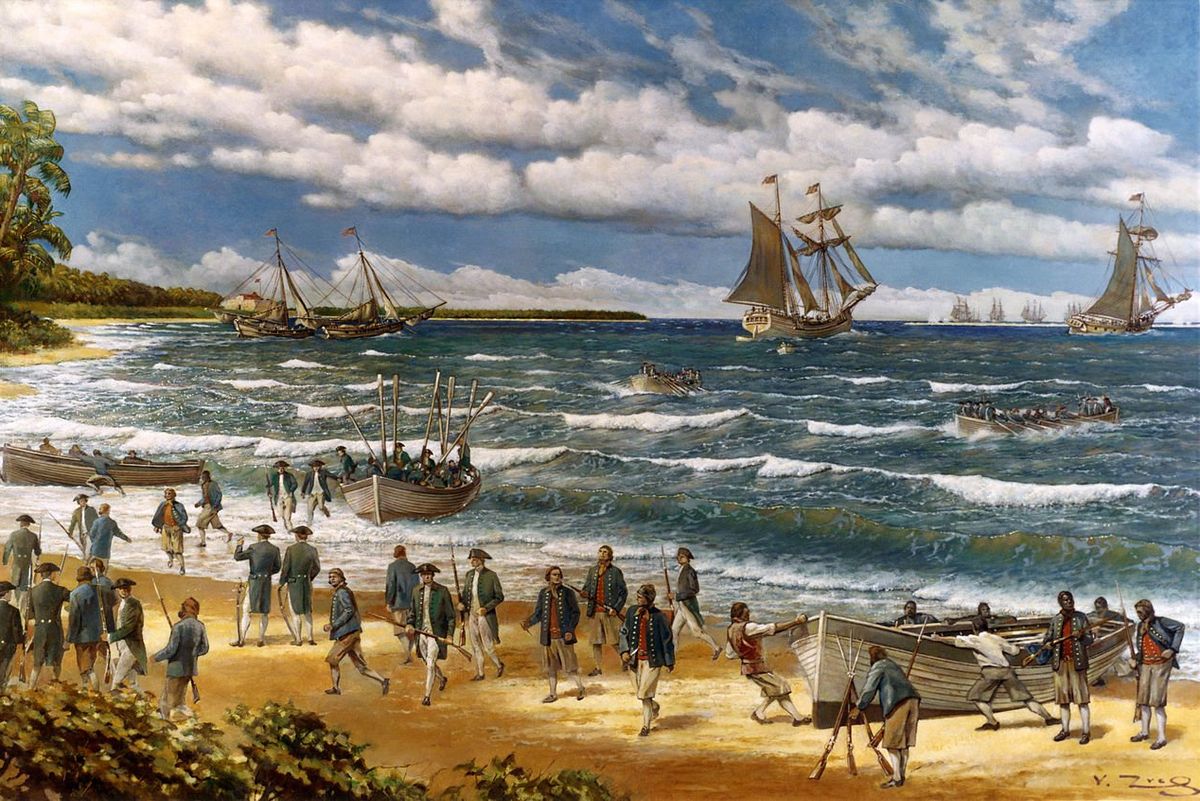
"New Providence Raid, March 1776" oil painting on canvas by V. Zveg, 1973
Public
The American flag was first flown over a foreign entity in Nassau, Bahamas after the Continental Army captured a British fort.
June 14, 1889
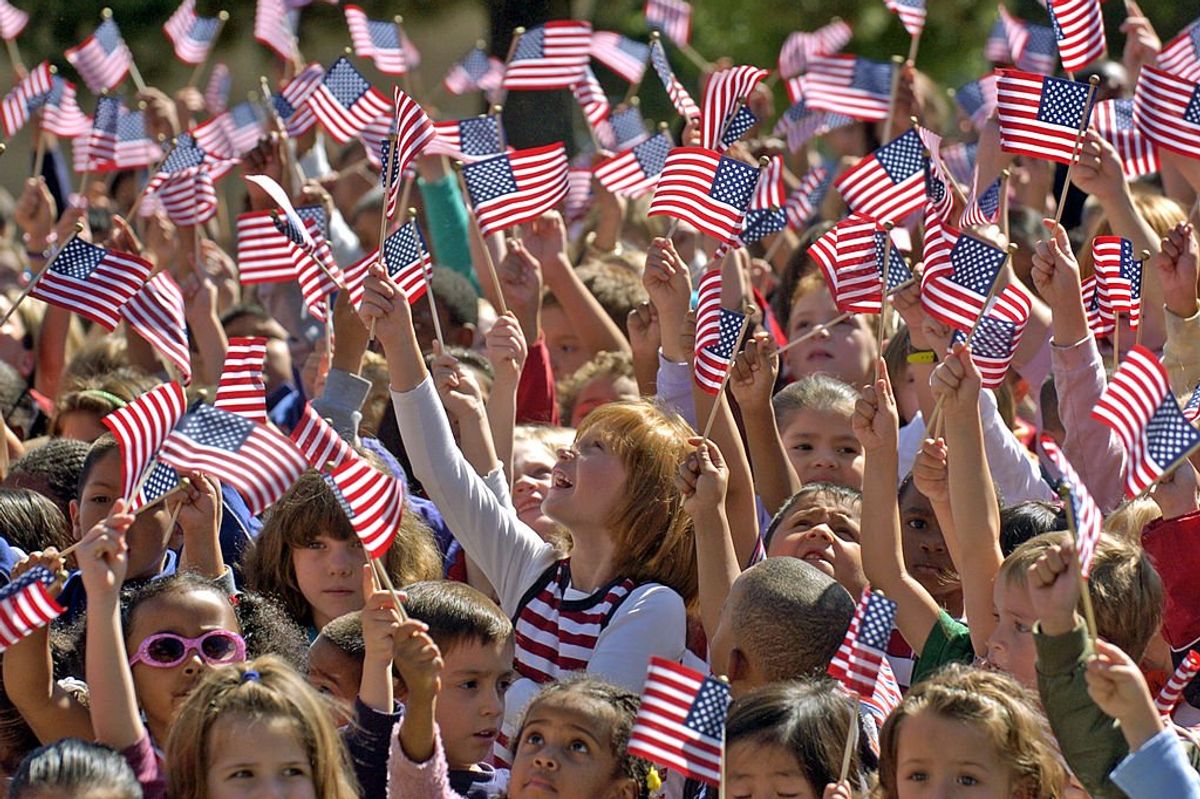
RJ Sangosti / Contributor | Getty Images
Professor George Bolch, the principal of a free kindergarten school for the poor of New York City, held annual patriotic ceremonies to observe the anniversary of the Flag Day resolution. The State Department of Education took notice of Bolch's Flag Day celebration and mandated all public schools observe Flag Day thereafter. The state legislature then passed a law requiring the state superintendent of public schools to ensure that schools hold observances for Lincoln’s Birthday, Washington’s Birthday, Memorial Day, and Flag Day.
1893
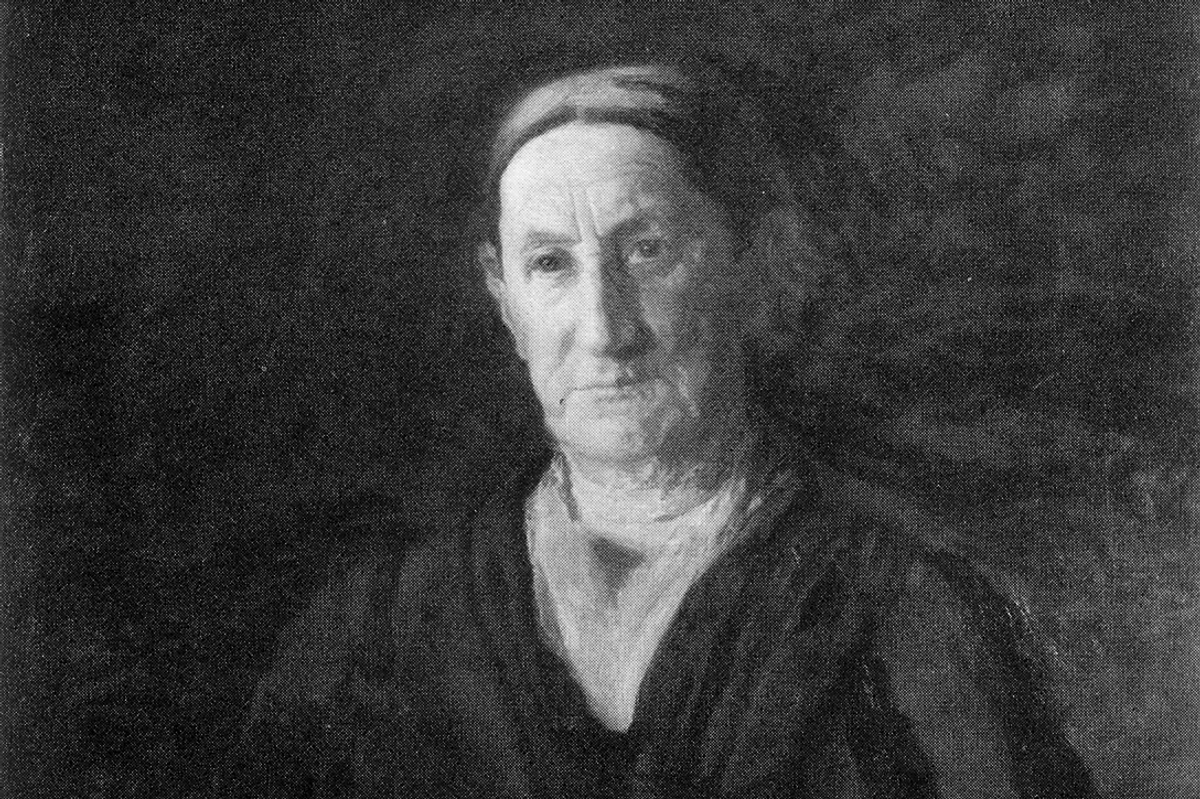
Public Domain
The Society of Colonial Dames helped pass a resolution to have the flag displayed on all of Philadelphia's public buildings. Elizabeth Duane Gillespie, a direct descendant of Benjamin Franklin and the president of the Colonial Dames of Pennsylvania, that same year tried to get the city to call June 14th "Flag Day."
1897

Gary Hershorn / Contributor | Getty Images
The governor of New York ordered the display of the flag over all public buildings statewide, which is considered by many to be the first official recognition of the Flag Day anniversary of the adoption of the flag outside of schools.
May 7, 1937

Philadelphia's Independence Hall celebrates Independence Day.
Joe Sohm/Visions of America / Contributor | Getty Images
Pennsylvania became the first state to establish June 14 "Flag Day" as a legal holiday. Though Flag Day is a nationwide observance today, Pennsylvania is the only state that recognizes it as a legal holiday.
June 14, 1916
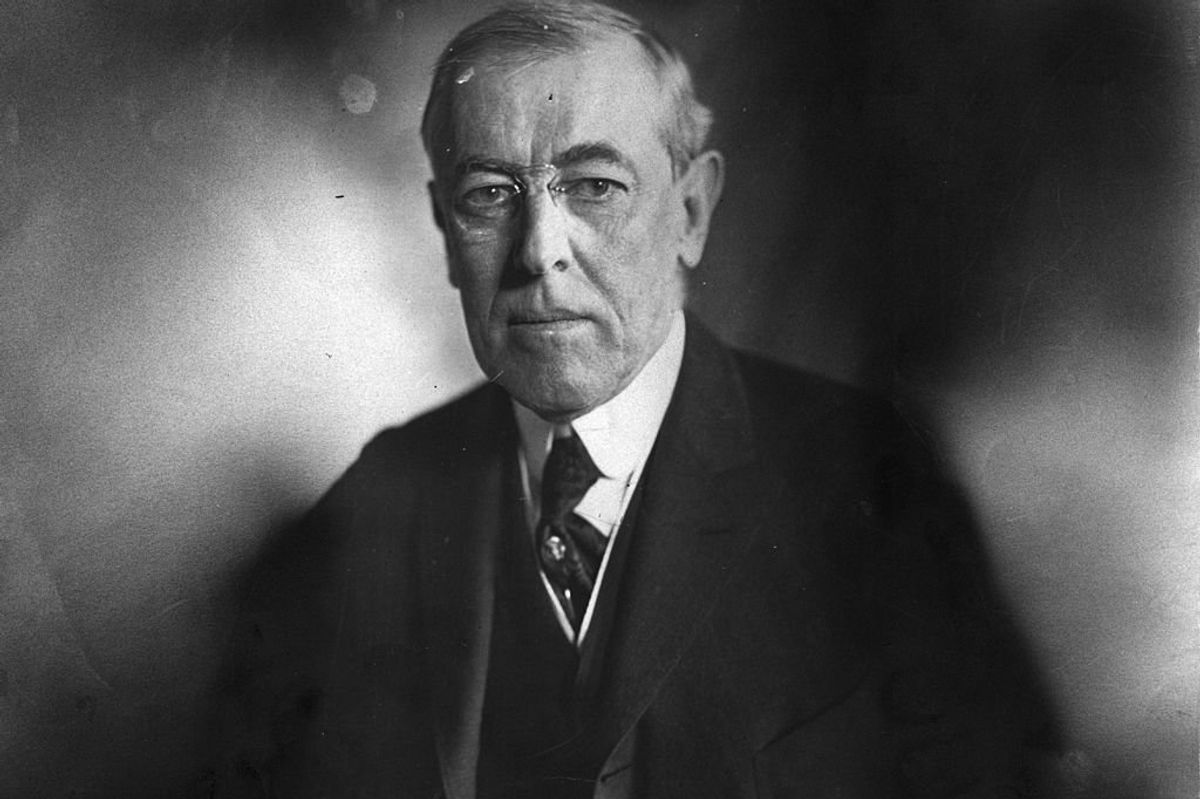
Tony Essex / Stringer | Getty Images
President Woodrow Wilson issued the first presidential proclamation establishing a national "Flag Day." In his commemoration, Wilson wrote:
On that day rededicate ourselves to the nation, "one and inseparable" from which every thought that is not worthy of our fathers’ first vows in independence, liberty, and right shall be excluded and in which we shall stand with united hearts
June 14, 1927
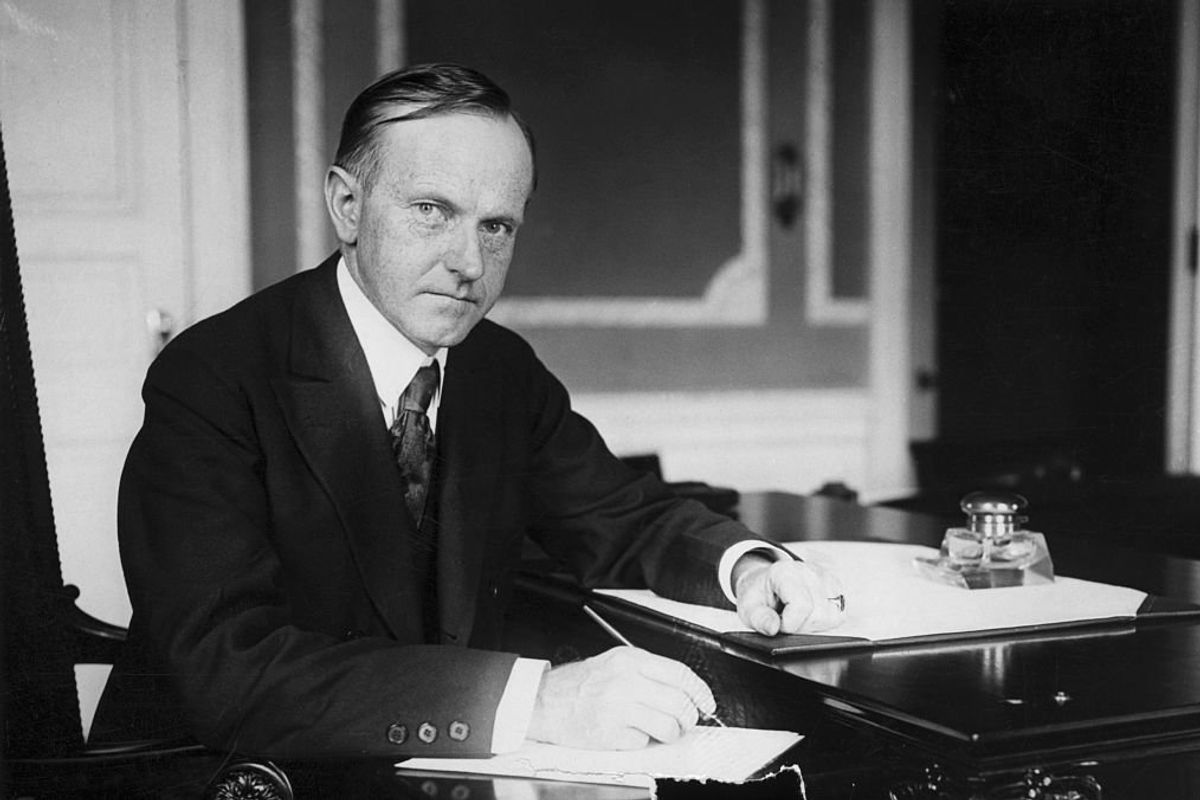
Bettmann / Contributor | Getty Images
Calvin Coolidge also issued a presidential proclamation calling for June 14 to be recognized as "Flag Day."
August 3, 1949
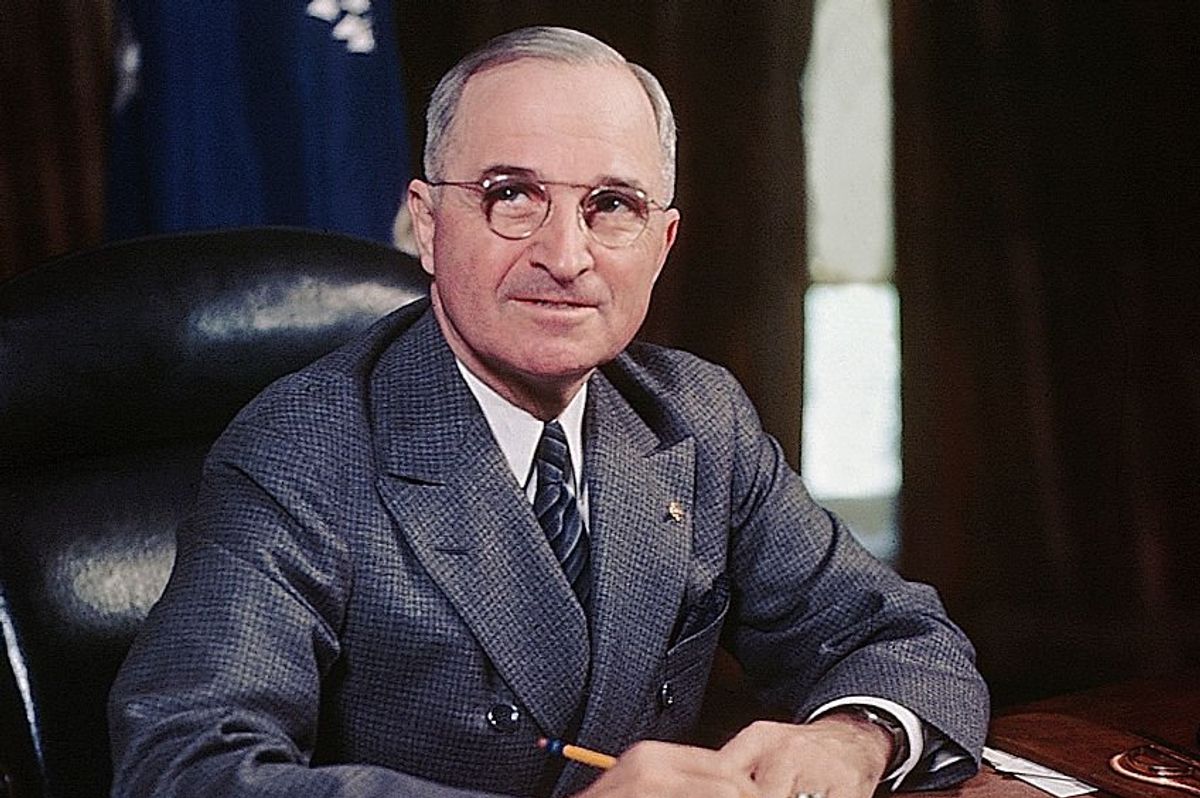
Bettmann / Contributor | Getty Images
Flag Day became official when Congress approved legislation designating June 14 each year as "Flag Day." President Truman signed the legislation into law.

 AASHISH KIPHAYET / Contributor | Getty Images
AASHISH KIPHAYET / Contributor | Getty Images
 Harold M. Lambert / Contributor | Getty Images
Harold M. Lambert / Contributor | Getty Images Adam Gray / Stringer | Getty Images
Adam Gray / Stringer | Getty Images Anadolu / Contributor | Getty Images
Anadolu / Contributor | Getty Images